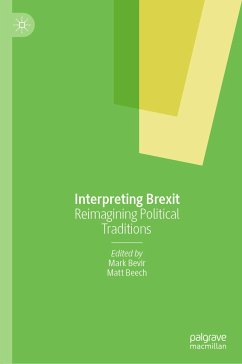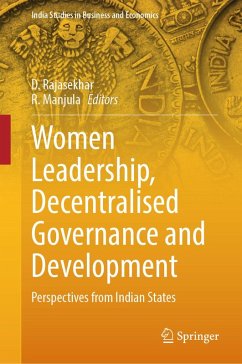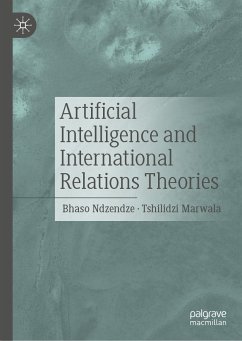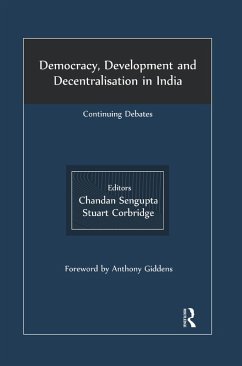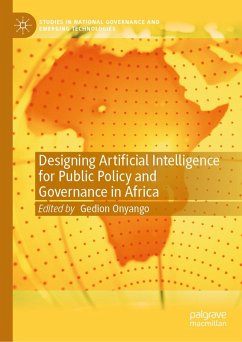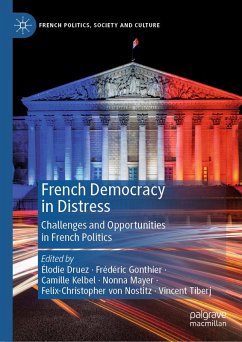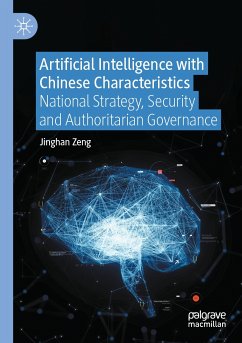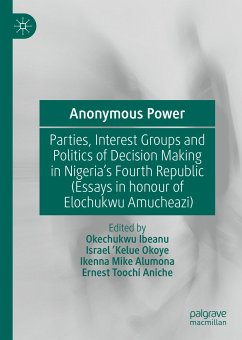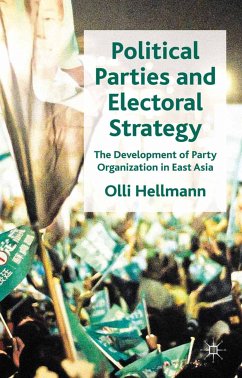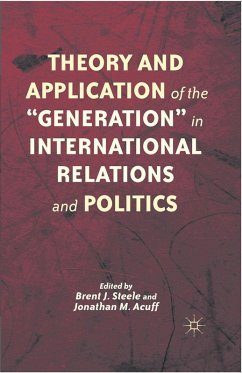
Democracy, Leadership and Governance - Application of Artificial Intelligence (eBook, PDF)
A Machine-Generated Overview
Versandkostenfrei!
Sofort per Download lieferbar
68,95 €
inkl. MwSt.
Weitere Ausgaben:

PAYBACK Punkte
34 °P sammeln!
In today's rapidly evolving political landscape, the intersection of democracy, leadership, and governance with artificial intelligence (AI) has become a focal point for academic inquiry and practical explorations. This book is a machine-generated literature overview that explores the opportunities, challenges, and impacts of integrating AI technologies in democratic processes, leadership dynamics, and sustainable governance. Through a collection of thought-provoking chapters, readers will gain insights into the transformative potential of AI that revisits the tenets of deliberative democracy,...
In today's rapidly evolving political landscape, the intersection of democracy, leadership, and governance with artificial intelligence (AI) has become a focal point for academic inquiry and practical explorations. This book is a machine-generated literature overview that explores the opportunities, challenges, and impacts of integrating AI technologies in democratic processes, leadership dynamics, and sustainable governance. Through a collection of thought-provoking chapters, readers will gain insights into the transformative potential of AI that revisits the tenets of deliberative democracy, redefines leadership roles, and rejuvenates public service delivery. This volume offers a comprehensive exploration of the processes and practices of democratic decision-making, leadership development, and sustainable governance. It serves as a valuable resource to academics, policymakers, and practitioners navigating through the concepts, dimensions, and praxis of democracy, leadership, and governance. It is an important value addition to the body of knowledge and paves the way for informed decision-making and responsible application of digital technologies for good governance.
Dieser Download kann aus rechtlichen Gründen nur mit Rechnungsadresse in A, B, BG, CY, CZ, D, DK, EW, E, FIN, F, GR, HR, H, IRL, I, LT, L, LR, M, NL, PL, P, R, S, SLO, SK ausgeliefert werden.



